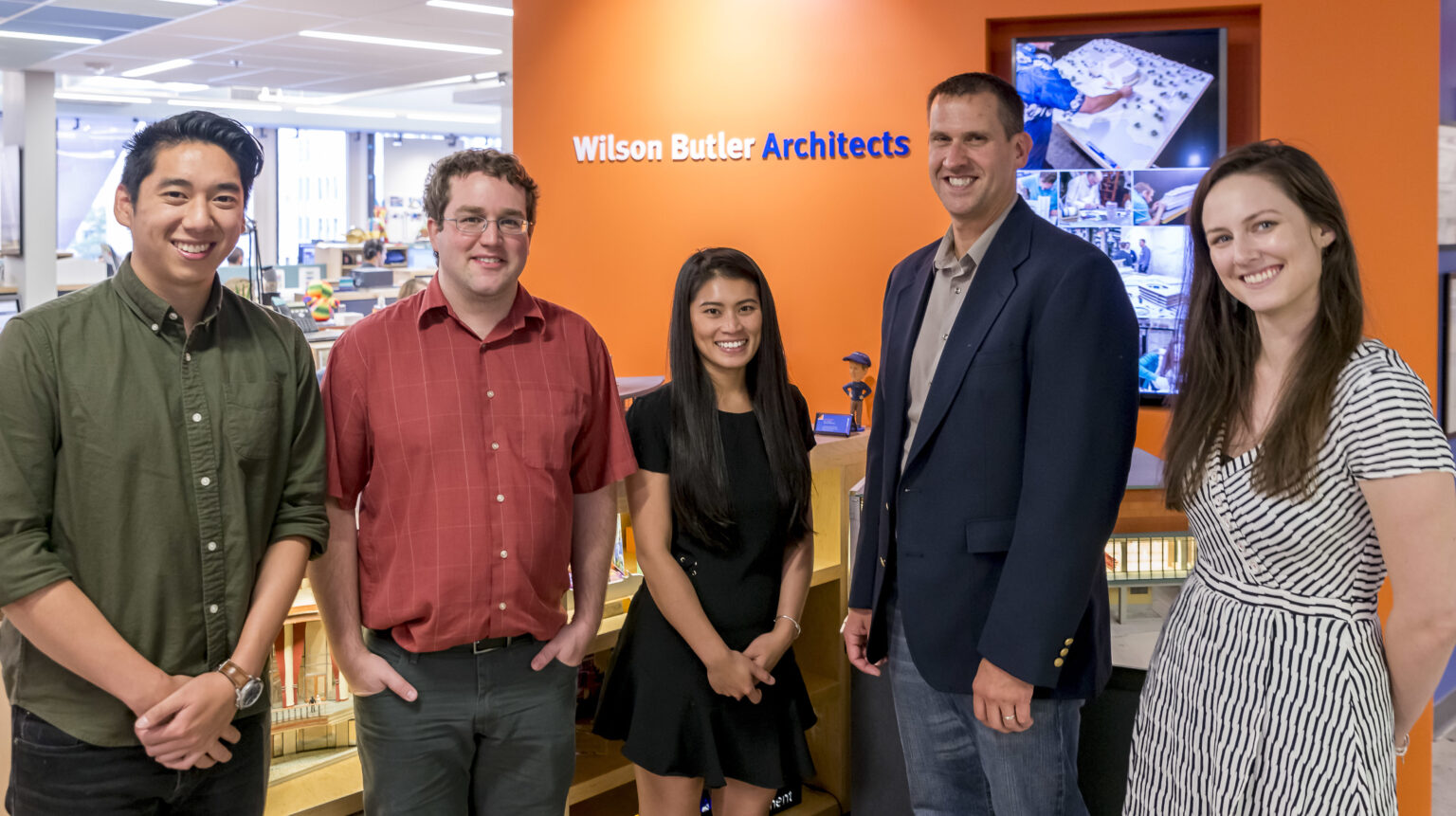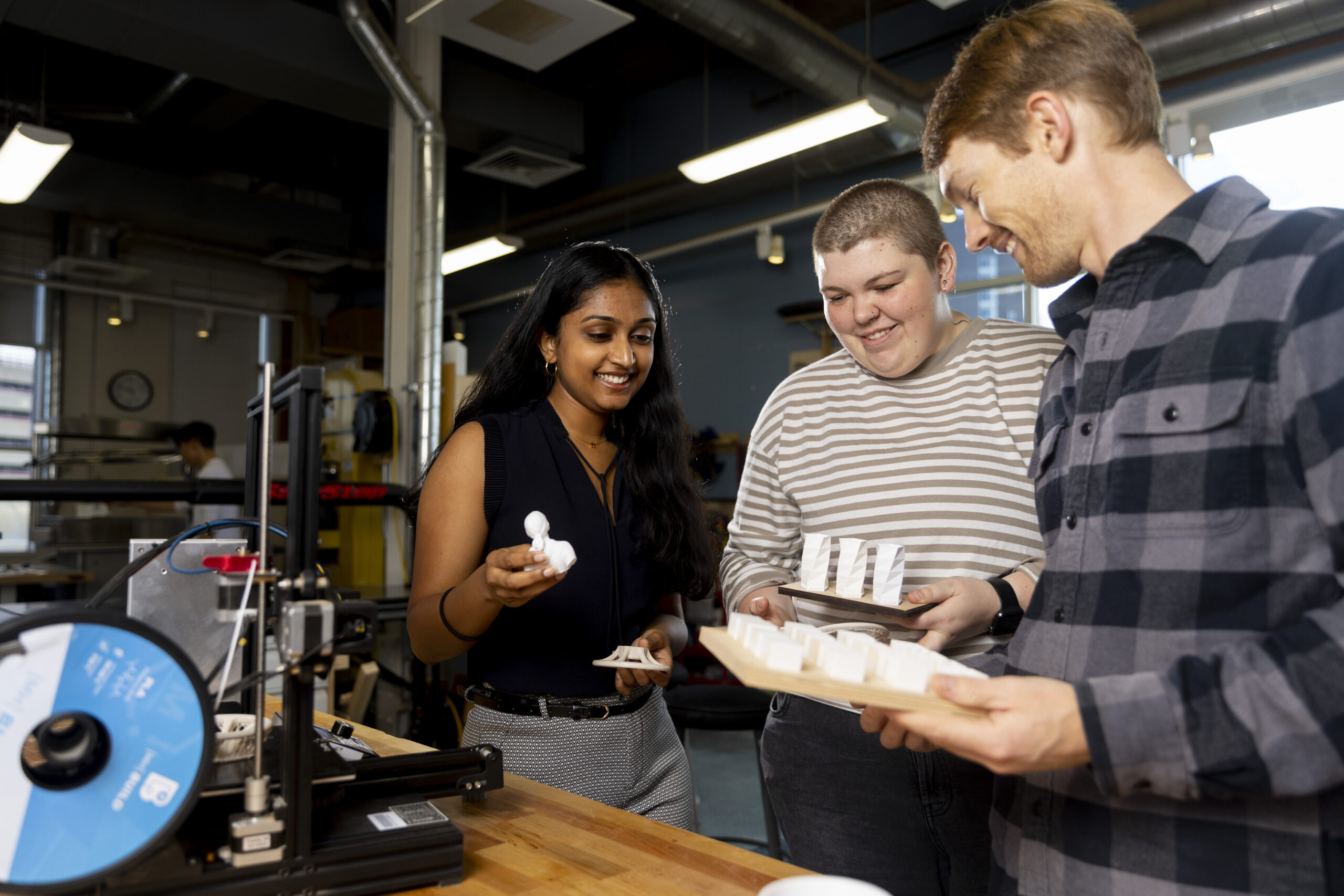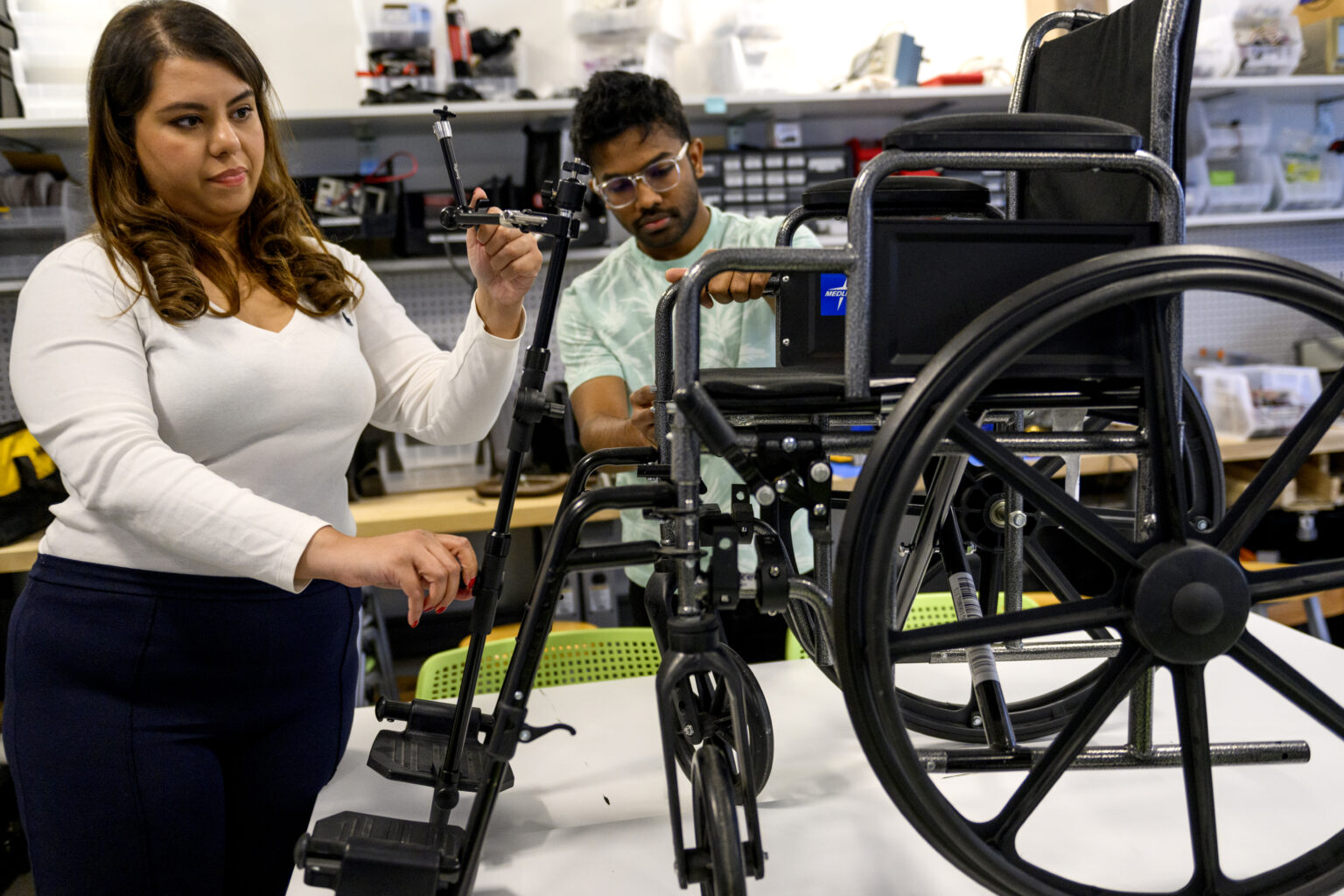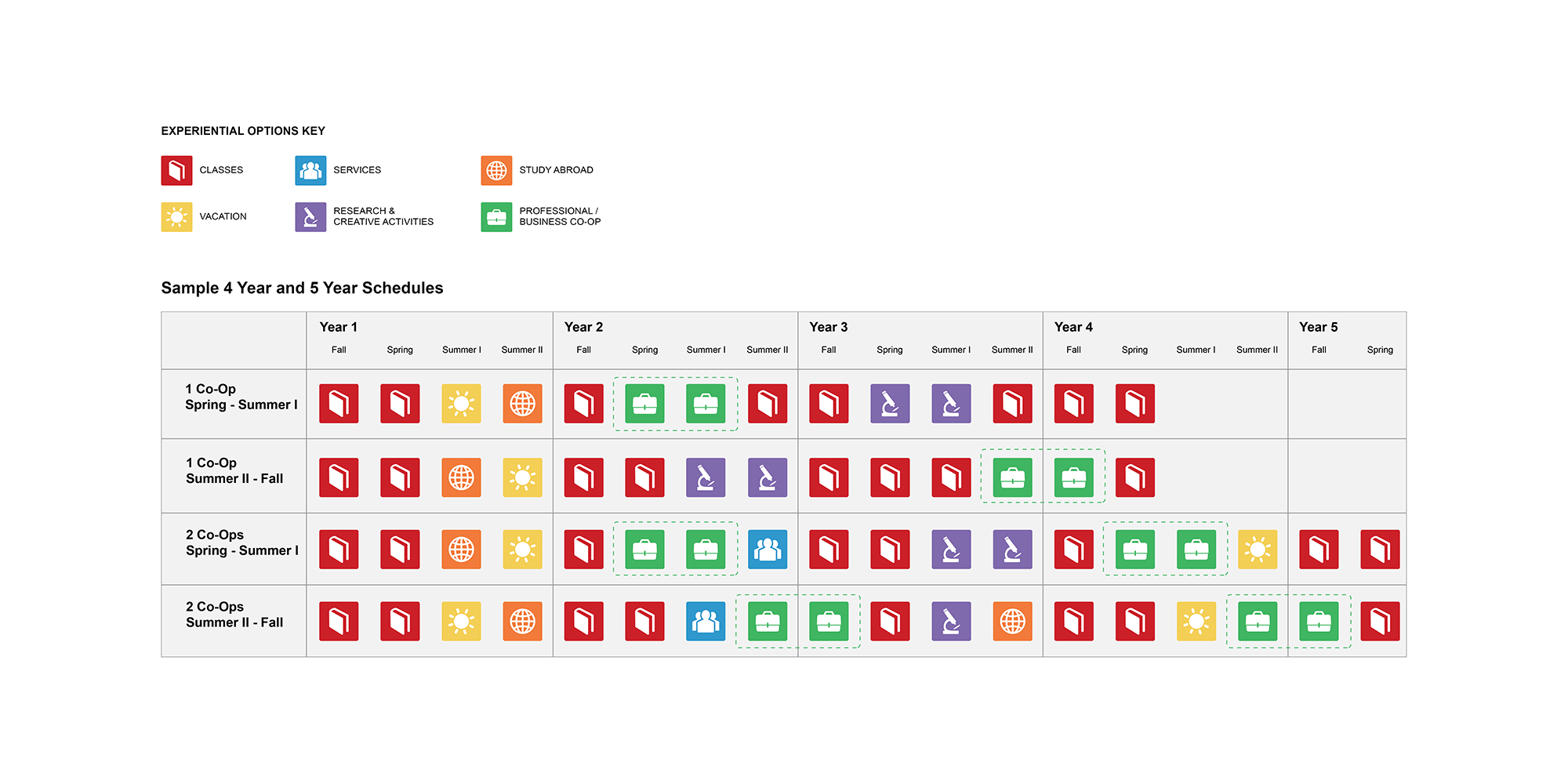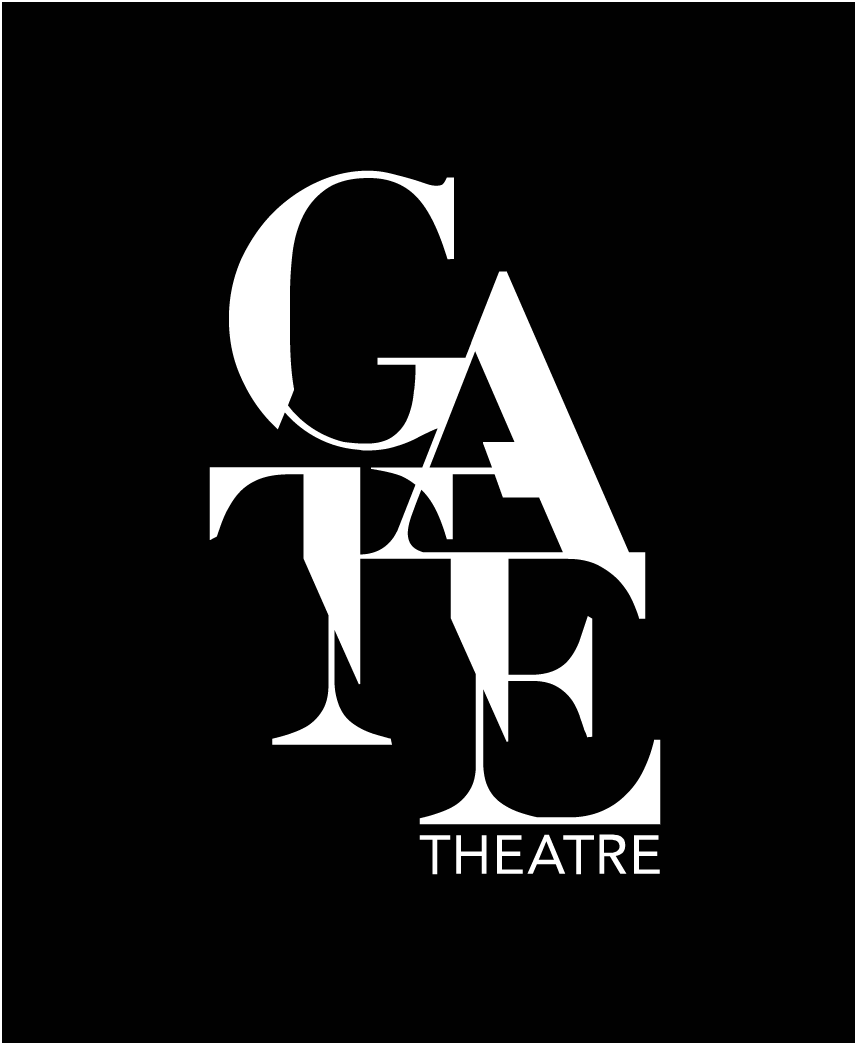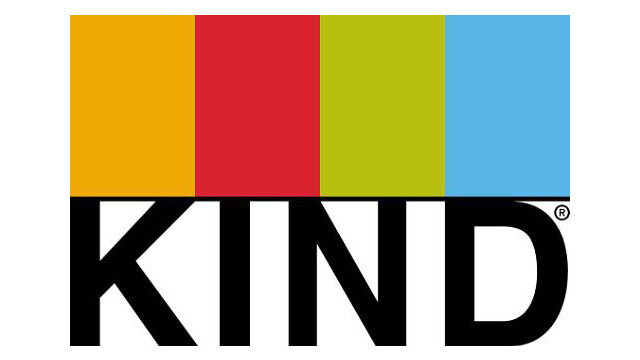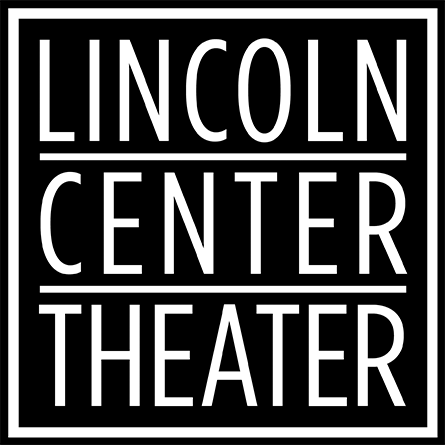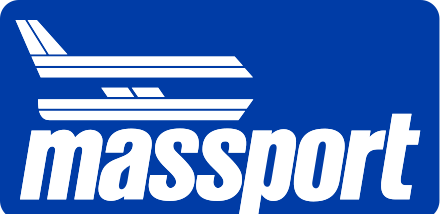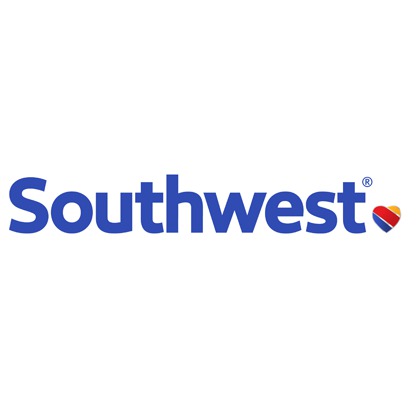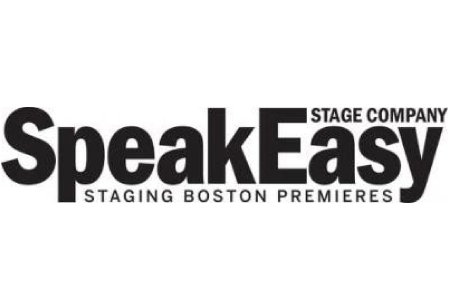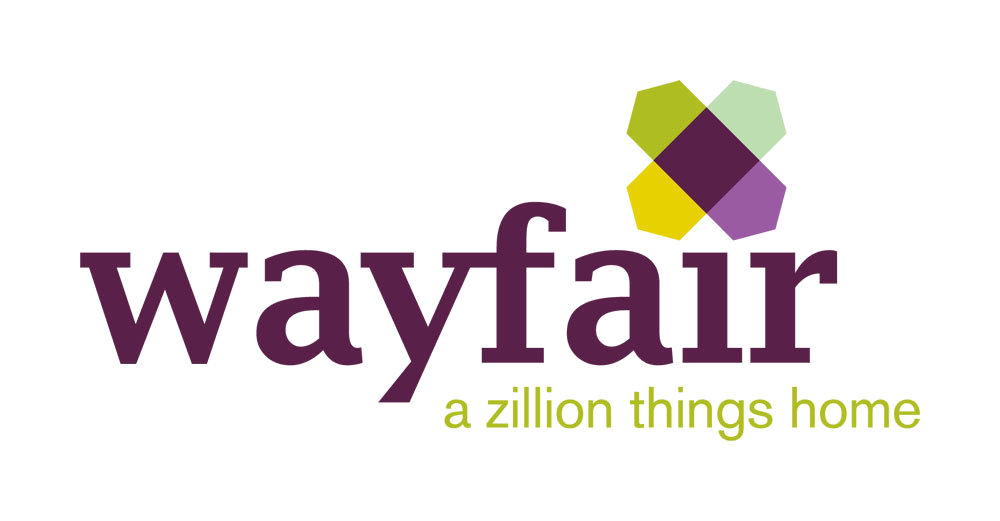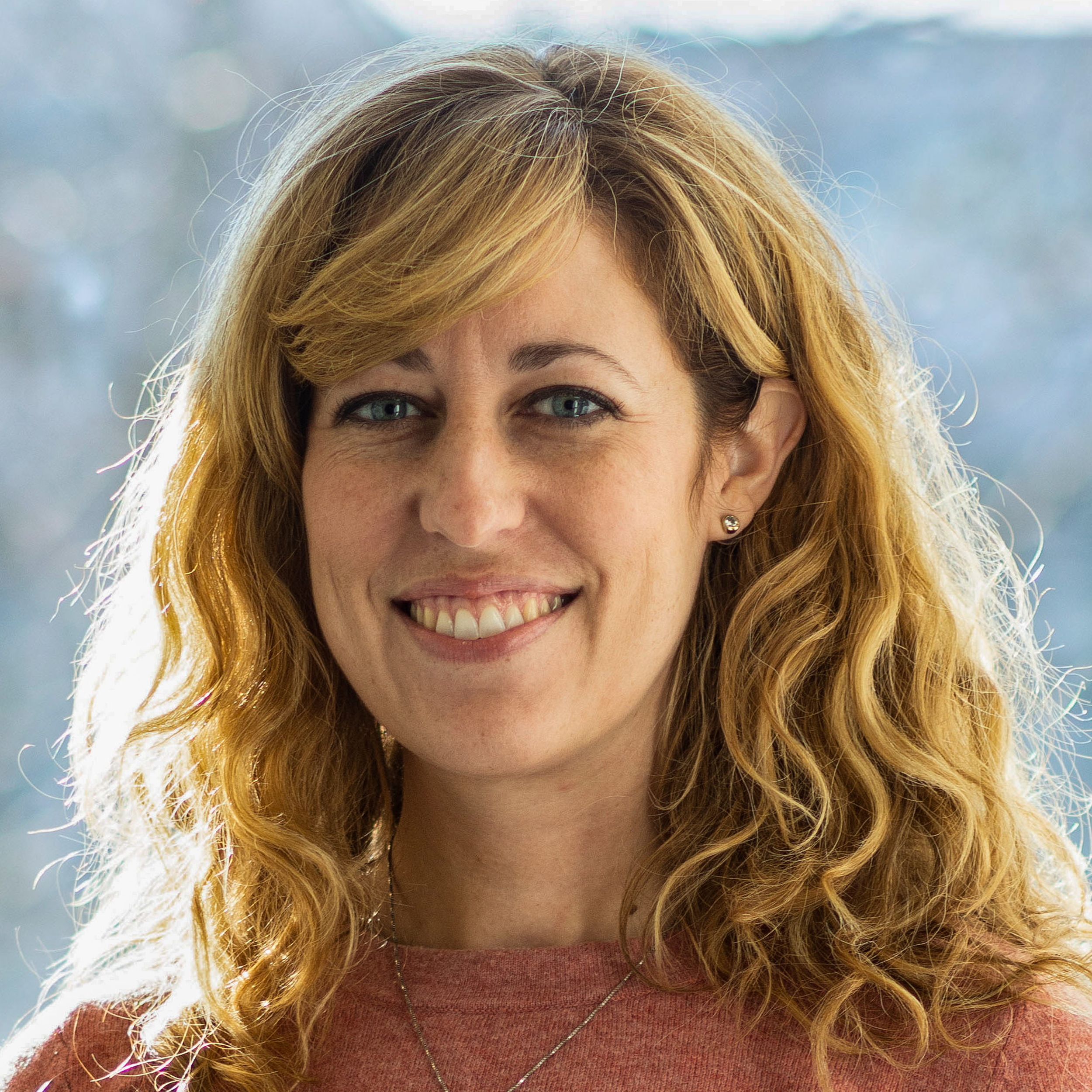Co-op is intertwined with students’ studies, beginning with a co-op course during the first or second year.
Co-op students are assigned to a specific Co-op Faculty Coordinator. Coordinators work with students within their first years through their graduation year as a bridge between classroom studies and career goals, collaborating with faculty and co-op employers to discover interests, talents and objectives to the most appropriate co-op positions.
In addition, Co-op Faculty Coordinators work with students develop resumes, provide training to sharpen interviewing skills, and help facilitate the integration of an on-the-job experience with course work. As students’ academic and career interests evolve, their Co-op Faculty Coordinator will work with them on how to discover co-op experiences that help achieve personal and career goals.
Reflection is a vital part of students’ co-op experience. When students return to the classroom from co-op, they will be expected to engage in reflection activities to help process their work experience.
The details:
- Students in CAMD complete at least one six-month cooperative education experience.
- Graduate students also have the option to participate in the cooperative education program.
In consultation with their assigned cop-op coordinator, students submit their resumes (and in some cases, portfolios or work samples) to companies in the NU database. Students also work with their co-op coordinator to find opportunities outside of the NU database. The companies then decide who to interview and eventually hire. No one is guaranteed a co-op, though the vast majority of students who are proactive and flexible end up finding a job.
The benefits to students are easy to see:
- A substantial number of new graduates who become employed full-time receive job offers from former co-op employers.
- Students going on to graduate school have numerous work experiences, contacts and professional networks already established.
The Co-op Program offers students opportunities to:
- Clarify short and long term personal, educational, and career goals.
- Explore jobs in their chosen fields.
- Integrate what is studied in classes with what is experienced when working.
- Enhance understanding and appreciation for the “world at work.”
- Develop job finding, job survival, and career advancement skills.
- Strengthen their developing identities as professionals in their career choice, working with role models in their chosen field.
